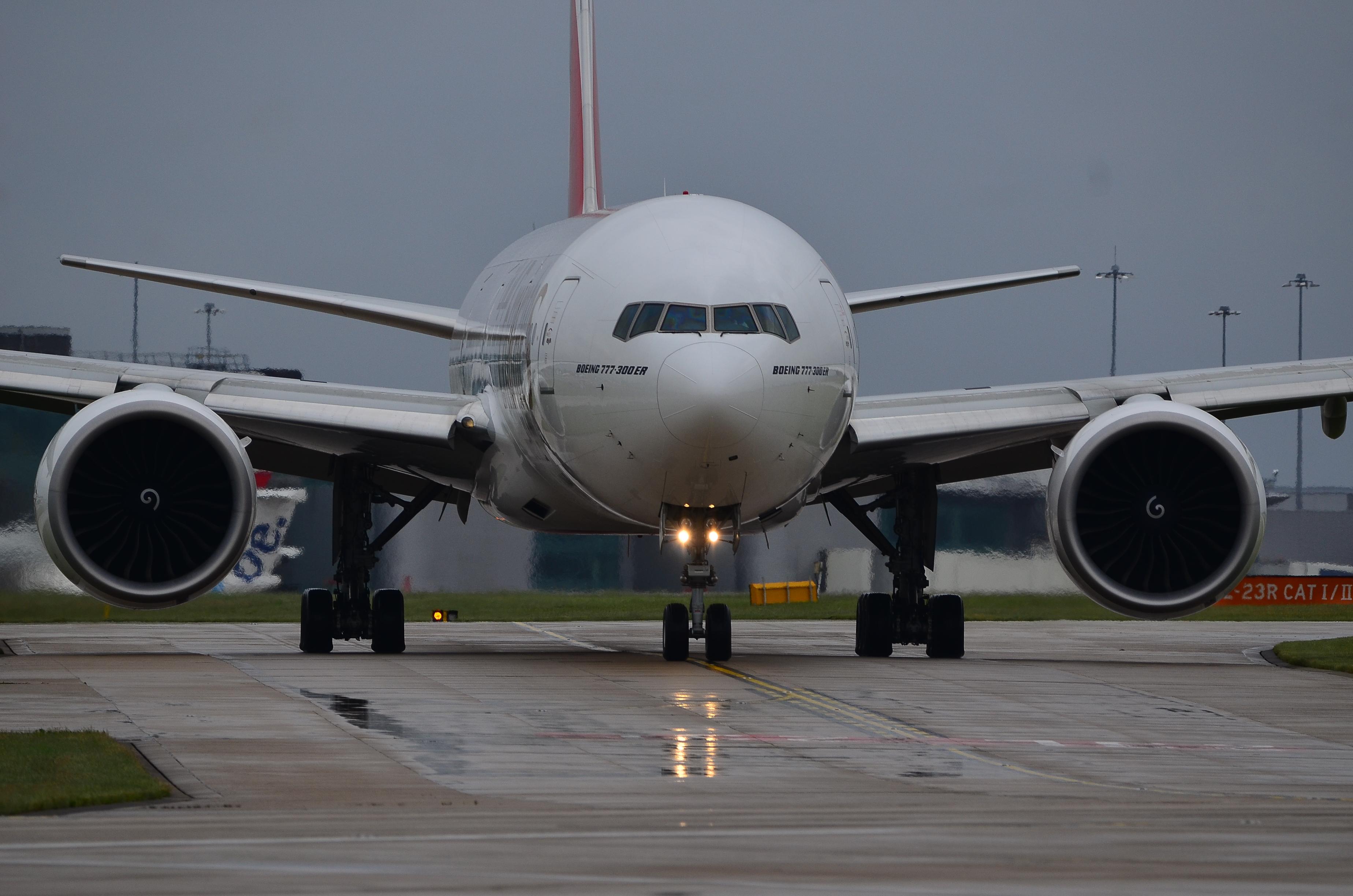
FRANKFURT—IATA plans to hold a series of regional meetings with governments and other stakeholders to determine under what conditions air traffic can be resumed once the coronavirus crisis is under better control.
The meetings—to be held virtually—are set to begin in the second half of April and are an indication that, following the immediate crisis management, airlines are slowly beginning to pay some attention to how they can return to service following what is now almost a full grounding in many countries.
“We have to adapt to post-COVID-19 realities,” IATA director general and CEO Alexandre de Juniac said April 7. “Governments will not accept the risk of reinfection.” IATA emphasized that airlines and airports will have to meet conditions, mainly on hygiene standards and health checks, before international air travel can resume in earnest. De Juniac pointed to measures such as China’s implementation of a two-week quarantine for travelers from abroad—a requirement that had not been present at the height of the initial COVID-19 outbreak in the country.
IATA hopes that the conferences, followed by global meetings, will lead to better coordination of the measures that will be imposed on aviation. IATA is seeking to avoid a situation like that after the Sept. 11, 2001 terrorist attacks, when many countries implemented their own measures without first consulting with others.
For air travel to resume, the main questions to be answered first is when restrictions for international travel will be lifted and how. IATA chief economist Brian Pearce believes that domestic air travel will recover first, followed by international short-haul flying and with long-haul flying opening up last.
Pearce is hopeful that economic stimulus packages will help to secure income and jobs for many despite the global recession, but a recovery of air travel is not expected until 2021 “at the earliest.”
In addition to new health protection measures, restart challenges will involve a variety of other issues, including licenses that may have expired or safety audits that are past due, de Juniac noted. “We have never before shut down the industry at this scale,” he said.





